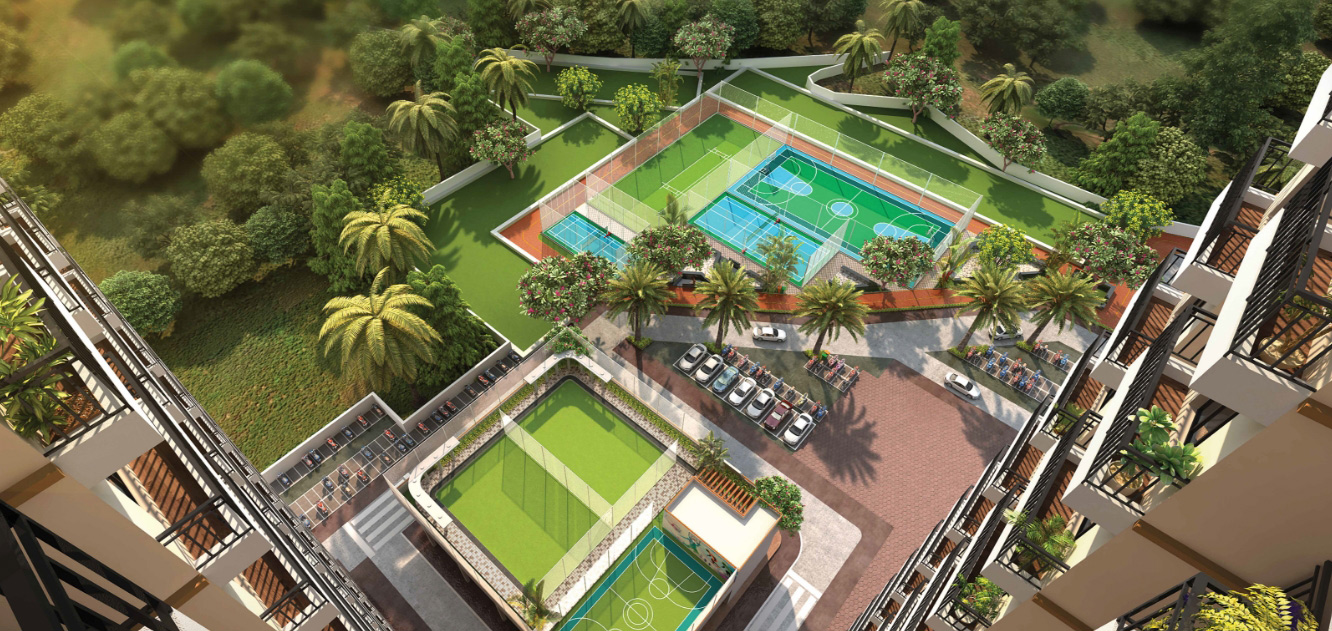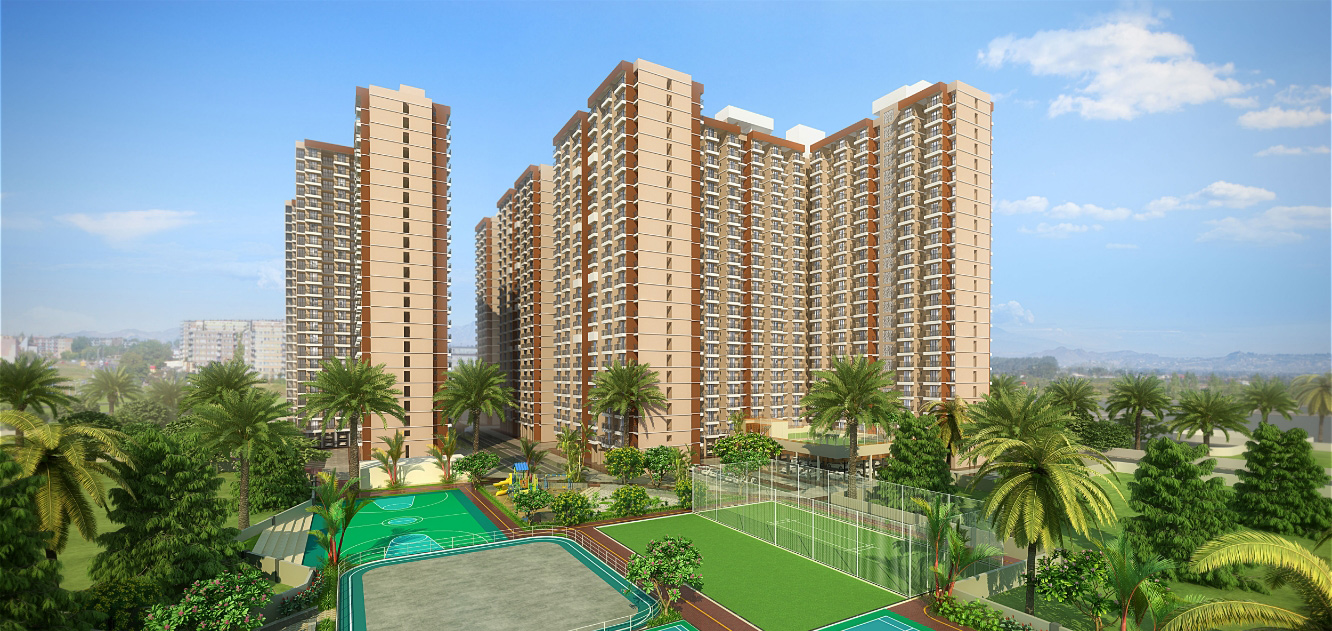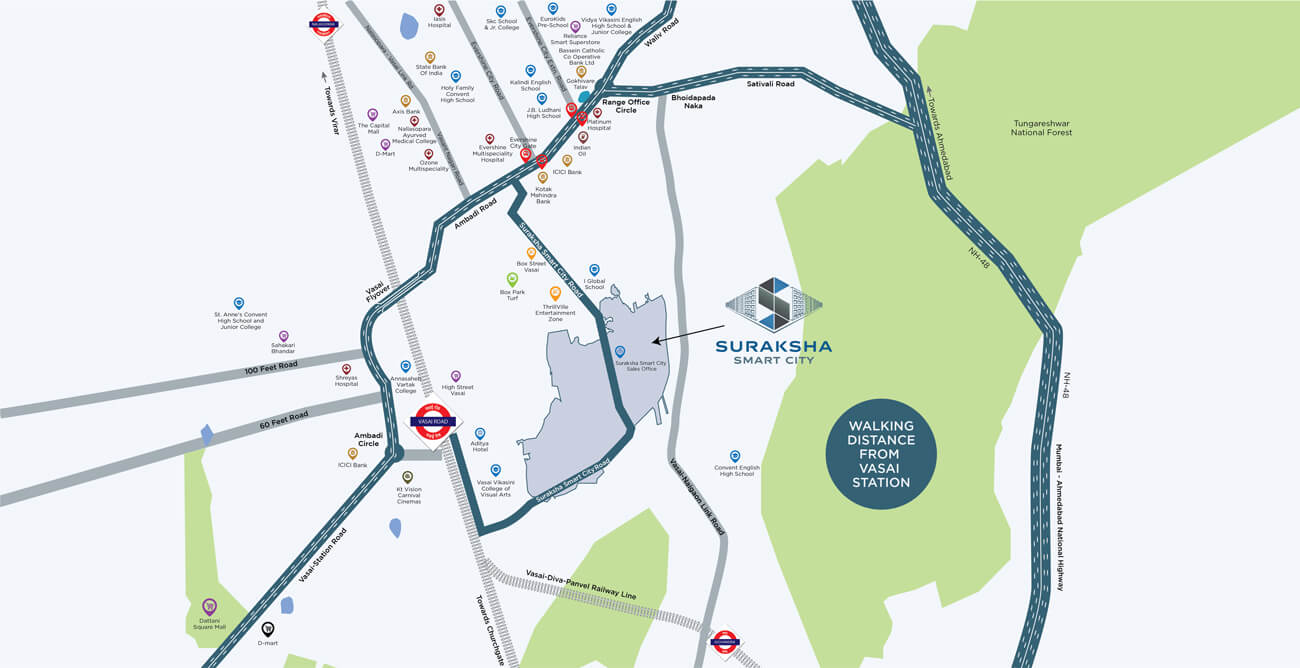The Rise of Active Living: Why New Residential Projects Prioritize Lifestyle

In recent years, the concept of lifestyle-centric living has revolutionized the residential real estate industry. Homebuyers now prioritize amenities and features that promote an active, healthy, and connected lifestyle. This shift has led developers to design residential projects that cater to these evolving needs. In the realm of modern urban development, Suraksha Smart City stands as a prime example of a township project that prioritizes active living. This innovative initiative aims to create a sustainable, vibrant community where residents can thrive and enjoy a high quality of life.
Evolution of Lifestyle-Centric Living: Trends and Insights
Lifestyle-centric living has become a driving force in urban development. With the increasing demand for holistic living experiences, developers are incorporating innovative amenities and services into their projects. Some notable trends include:
- Integrated community spaces
- Wellness-focused amenities
- Sustainable design
Benefits of Active Living: Physical and Mental Wellbeing
Suraksha Smart City is a township project that embodies the concept of active living, prioritizing residents' health and wellbeing by incorporating amenities that foster a culture of regular physical activity and social interaction. These amenities include jogging tracks, yoga and meditation spaces, landscaped gardens and parks, and a senior citizen area, allowing residents to maintain an active lifestyle. By doing so, residents can experience numerous benefits, including
- Improved cardiovascular health
- Reduced stress levels
- Enhanced mental clarity
- Increased social connections
ultimately promoting a healthier lifestyle.
The Importance of Green Spaces in Modern Residential Projects
Green spaces play a vital role in promoting physical and mental wellbeing. One of the most significant trends in this shift is the incorporation of green spaces into modern residential projects. Green spaces, such as parks and gardens, are no longer seen as a luxury, but as a necessity for creating a healthy and sustainable living environment. Some benefits of incorporating green spaces include:
- Improved air quality: Breathing easier with cleaner air.
- Reduced stress levels: Calm and serene, a peaceful state of mind.
- Increased opportunities for socialization: Connecting with others, building community.
- Enhanced aesthetic appeal: Beautiful spaces that inspire and delight.
Community Engagement and Social Benefits of Active Living
Active living is not only beneficial for physical health, but it also fosters a sense of community and social connection among individuals. By incorporating physical activity into daily life, people can build stronger relationships with their neighbors, develop a sense of belonging, and improve their mental well-being.
Also Read: What is Community Living?
Benefits of Community Engagement through Active Living:
Increased Sense of Belonging
Active living encourages individuals to engage with their community, which can lead to a greater sense of belonging and connection to their neighborhood. This sense of belonging can be particularly important for individuals who may feel isolated or disconnected from their community, such as seniors or newcomers to an area.
Improved Mental Health
Regular physical activity has been shown to have a positive impact on mental health, reducing symptoms of anxiety and depression. Active living can also provide opportunities for social interaction, which is essential for maintaining good mental health.
Enhanced Neighborhood Relationships
Active living can help build stronger relationships between neighbors, fostering a sense of community and cooperation. This can lead to a more supportive and connected neighborhood, where residents look out for one another and work together to address local issues.
Opportunities for Community Events
Active living can provide opportunities for community events and activities, such as charity runs, cycling events, or outdoor fitness classes. These events can help bring people together, promote social interaction, and foster a sense of community spirit.
The Impact of Active Living on Property Values and Resale
Active living features have become a highly sought-after amenity in residential properties, and for good reason. These features, which promote physical activity, community engagement, and overall well-being, can significantly impact property values and resale potential. Here are some benefits of incorporating active living features into residential properties:
Increased Property Value
Properties with active living features tend to have higher property values compared to those without. This is because these features enhance the quality of life for residents, providing them with opportunities to engage in physical activity, socialize, and enjoy community amenities. As a result, properties with active living features are more desirable, leading to higher property values.
Improved Resale Potential
Properties with active living features also have improved resale potential. These features appeal to a wide range of buyers, from young professionals to families and retirees, who are looking for a lifestyle that promotes health, wellness, and community engagement. When it comes time to sell, properties with active living features are more likely to attract potential buyers and sell quickly, often at a premium price.
Enhanced Appeal to Potential Buyers
Active living features can be a major differentiator in a competitive real estate market. Properties with these features stand out from others, offering a unique lifestyle that appeals to buyers who value health, wellness, and community. This can lead to increased interest in the property, more offers, and a faster sale.
Differentiation from Other Residential Projects
In a crowded residential market, active living features can be a key differentiator for developers and builders. By incorporating these features into their projects, developers can differentiate their properties from others, appealing to buyers who are looking for a unique lifestyle. This can lead to increased sales, higher property values, and a competitive edge in the market.
Conclusion
The rise of active living has transformed the residential real estate industry. By prioritizing lifestyle-centric features, developers can create thriving communities that promote physical and mental wellbeing. As the demand for holistic living experiences continues to grow, it's essential for developers to incorporate innovative amenities and services into their projects.
Monday | November 04, 2024





